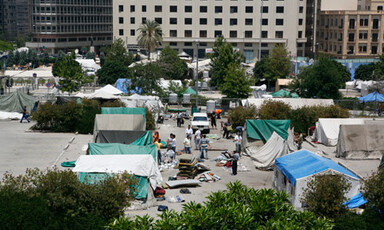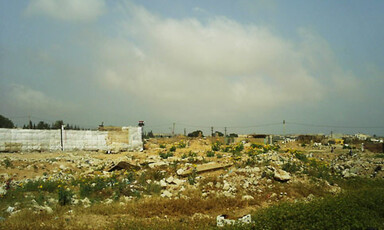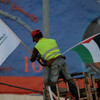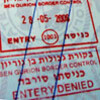
Critically ill patients from Gaza appeal to Israeli court
22 May 2008
JERUSALEM, 22 May (IRIN) - Ahmed al-Baghdadi’s doctors said he must leave the Gaza Strip and travel to Israel to receive urgent life-saving medical care if he hopes to fight the tumours in his body. Rada al-Khadir, aged 22, needs to get treatment immediately, her Israeli doctor said, or her liver disease could prove fatal. Both patients have been denied permission to leave by the Israeli military. Read more about Critically ill patients from Gaza appeal to Israeli court








